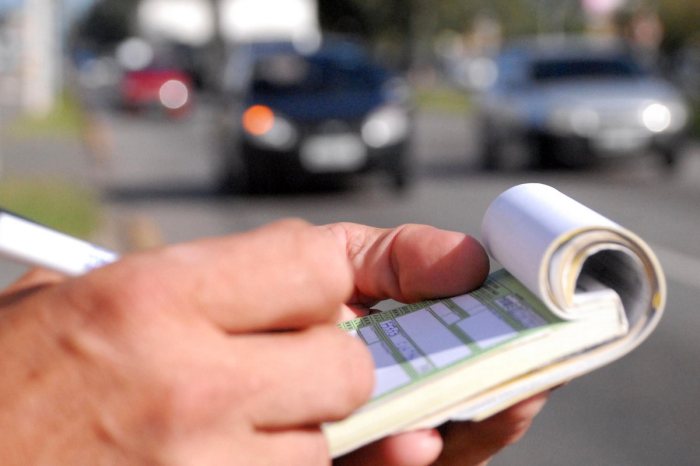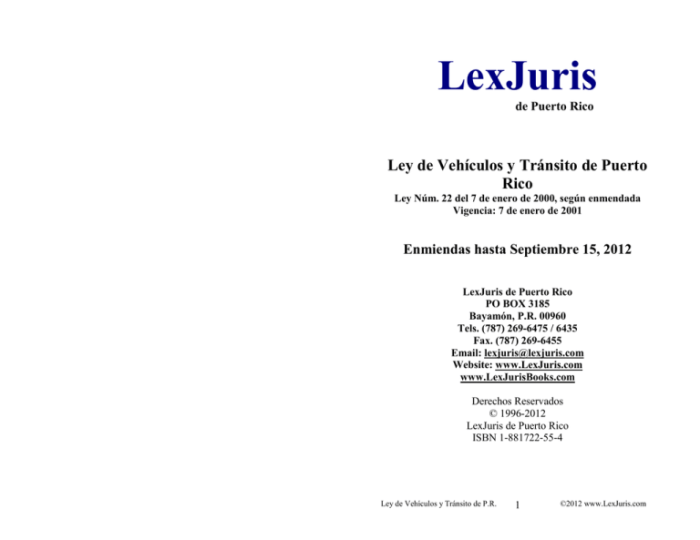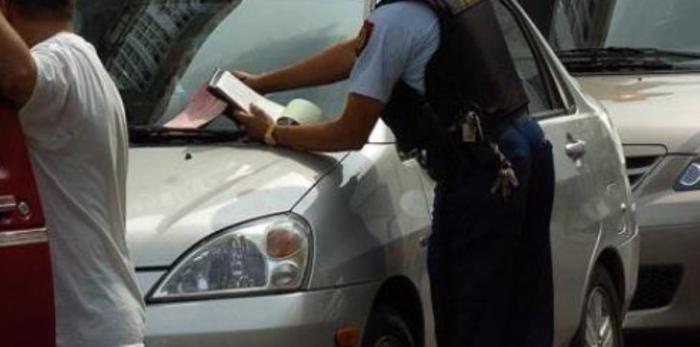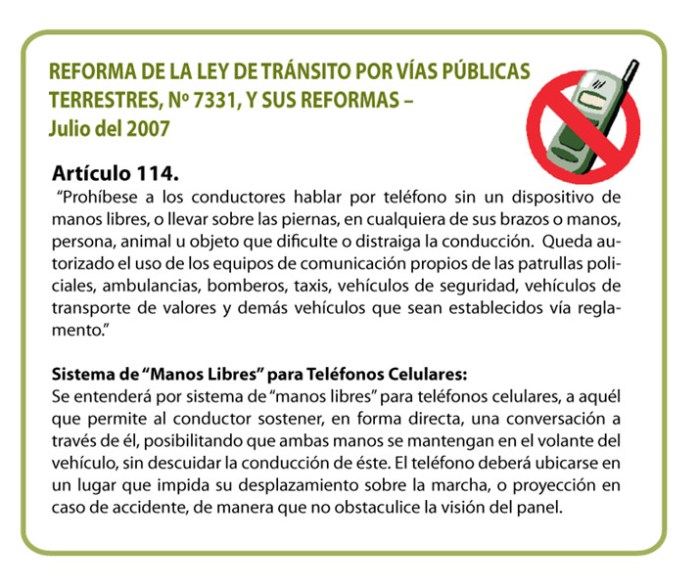The Puerto Rico Traffic Laws (ley de transito de puerto rico) are a comprehensive set of regulations designed to ensure the safety and efficiency of roadways on the island. These laws encompass a wide range of provisions, from speed limits and traffic signs to penalties for violations, and play a crucial role in maintaining order and preventing accidents.
In this article, we will delve into the key aspects of the Puerto Rico Traffic Laws, exploring their purpose, enforcement, impact on road safety, and legal considerations for traffic violations. We will also provide answers to frequently asked questions and suggest related tags and categories for further exploration.
Puerto Rico Traffic Laws

The Puerto Rico Traffic Laws are a comprehensive set of regulations that govern the operation of motor vehicles on public roads and highways within the jurisdiction of Puerto Rico. These laws aim to ensure the safety and well-being of all road users, including drivers, passengers, pedestrians, and cyclists.
The laws cover a wide range of topics, including speed limits, traffic signs, and penalties for violations.
Key Provisions of the Law
The key provisions of the Puerto Rico Traffic Laws include:
- Speed limits: The speed limits on Puerto Rico’s roads and highways vary depending on the type of road and the area in which it is located. In general, the speed limit on highways is 65 miles per hour, while the speed limit on urban roads is 35 miles per hour.
- Traffic signs: Traffic signs are used to regulate the flow of traffic and to provide information to drivers. Drivers are required to obey all traffic signs, including stop signs, yield signs, and speed limit signs.
- Penalties for violations: Violations of the Puerto Rico Traffic Laws can result in fines, points on the driver’s license, and even jail time. The penalties for violations vary depending on the severity of the violation.
Common Traffic Violations and Penalties
The following table summarizes the most common traffic violations in Puerto Rico and their corresponding penalties:
| Violation | Penalty |
|---|---|
| Speeding | Fine of up to $500 and/or up to 90 days in jail |
| Running a red light | Fine of up to $250 and/or up to 30 days in jail |
| Driving under the influence of alcohol or drugs | Fine of up to $1,000 and/or up to six months in jail |
| Reckless driving | Fine of up to $500 and/or up to 90 days in jail |
| Driving without a valid driver’s license | Fine of up to $250 and/or up to 30 days in jail |
Enforcement of Traffic Laws in Puerto Rico

Traffic laws in Puerto Rico are enforced by the Puerto Rico Police Department (PRPD). The PRPD is responsible for patrolling the roads and highways, issuing traffic citations, and investigating traffic accidents.
When a police officer observes a traffic violation, they may issue a traffic citation. The citation will state the violation that was committed, the date and time of the violation, and the location of the violation. The citation will also include the officer’s name and badge number.
If you receive a traffic citation, you must pay the fine within 30 days. You can pay the fine online, by mail, or in person at a PRPD station.
If you fail to pay the fine within 30 days, your license may be suspended. You may also be required to attend traffic school.
Penalties for Traffic Violations
The penalties for traffic violations in Puerto Rico vary depending on the severity of the violation. Some of the most common traffic violations and their penalties include:
- Speeding: Fines range from $50 to $500.
- Running a red light: Fines range from $100 to $500.
- Driving under the influence of alcohol or drugs: Fines range from $500 to $1,000.
li>Reckless driving: Fines range from $500 to $1,000.
Impact of Traffic Laws on Road Safety: Ley De Transito De Puerto Rico

Traffic laws are crucial for maintaining road safety and reducing the number of accidents. In Puerto Rico, these laws have been effective in improving road safety, as evidenced by a decline in traffic-related fatalities and injuries in recent years.
According to data from the Puerto Rico Highway Safety Administration, the number of traffic fatalities decreased by 15% from 2010 to 2020. Similarly, the number of traffic-related injuries dropped by 20% during the same period.
Effectiveness of Traffic Laws
The effectiveness of traffic laws in improving road safety can be attributed to several factors. First, traffic laws establish clear rules and regulations for drivers, which helps to reduce confusion and uncertainty on the road. Second, traffic laws provide a framework for enforcing traffic violations, which deters drivers from engaging in dangerous or reckless behavior.
Challenges and Opportunities
While traffic laws have been effective in improving road safety in Puerto Rico, there are still some challenges and opportunities for further improvement. One challenge is the lack of enforcement of traffic laws. In many cases, drivers are not held accountable for violating traffic laws, which can lead to a decrease in compliance.
Another challenge is the need for more public education about traffic safety. Many drivers are not aware of the dangers of certain behaviors, such as speeding or driving under the influence of alcohol.
Ley de Transito de Puerto Rico outlines the regulations for driving in Puerto Rico. For those interested in pursuing a career in finance, check out the Freddie Mac Final Quiz Answers . This comprehensive resource provides valuable insights into the intricacies of finance.
Returning to Ley de Transito de Puerto Rico, it emphasizes responsible driving practices to ensure safety on the roads.
There are also opportunities to further improve road safety through traffic law enforcement. One opportunity is to increase the use of technology to enforce traffic laws. For example, automated speed cameras can be used to catch drivers who are speeding.
Another opportunity is to increase the number of traffic police officers on the road. This would help to deter drivers from violating traffic laws and would also allow police officers to respond more quickly to accidents.
Legal Considerations for Traffic Violations

Navigating the legal process associated with traffic violations in Puerto Rico requires an understanding of the rights and responsibilities of drivers. This section will guide you through the steps involved in contesting a traffic citation, obtaining legal representation, and preparing for a traffic court hearing.
Contesting a Traffic Citation
Upon receiving a traffic citation, you have the right to contest it by requesting a formal hearing. The process involves submitting a written request to the court within a specified timeframe, typically 15 days. The request should include a statement explaining the reasons for contesting the citation.
The court will then schedule a hearing date where you will have the opportunity to present your case before a judge or magistrate. You can choose to represent yourself or hire an attorney to assist you.
Rights and Responsibilities of Drivers
When cited for a traffic violation, it is essential to understand your rights and responsibilities as a driver:
- Right to a fair hearing:You have the right to a fair and impartial hearing where you can present evidence and challenge the charges against you.
- Right to legal representation:You have the right to hire an attorney to represent you in court.
- Responsibility to appear in court:Failure to appear in court on the scheduled hearing date can result in a default judgment against you.
- Responsibility to pay fines:If you are found guilty of the traffic violation, you are responsible for paying the associated fines and penalties.
Obtaining Legal Representation, Ley de transito de puerto rico
If you choose to hire an attorney to represent you, it is important to seek qualified legal counsel with experience in traffic law. An attorney can guide you through the legal process, negotiate with the prosecution, and represent you in court.
To find a reputable attorney, you can contact the Puerto Rico Bar Association or consult online directories such as Avvo or Martindale-Hubbell.
Preparing for a Traffic Court Hearing
To prepare for a traffic court hearing, you should:
- Gather evidence:Collect any documents or evidence that supports your case, such as witness statements, photos, or a copy of the traffic citation.
- Practice your presentation:Rehearse what you will say in court, including your reasons for contesting the citation and any mitigating circumstances.
- Dress appropriately:Dress in a respectful and professional manner for your court appearance.
- Arrive on time:Punctuality demonstrates respect for the court and will help your case.
Detailed FAQs
What are the most common traffic violations in Puerto Rico?
Speeding, running red lights, and driving under the influence of alcohol or drugs are among the most common traffic violations in Puerto Rico.
What are the penalties for traffic violations in Puerto Rico?
Penalties for traffic violations vary depending on the severity of the offense and the driver’s driving record. They may include fines, license suspension, or even jail time.
How can I contest a traffic citation in Puerto Rico?
To contest a traffic citation in Puerto Rico, you must file a written request for a hearing with the court within 15 days of receiving the citation.
